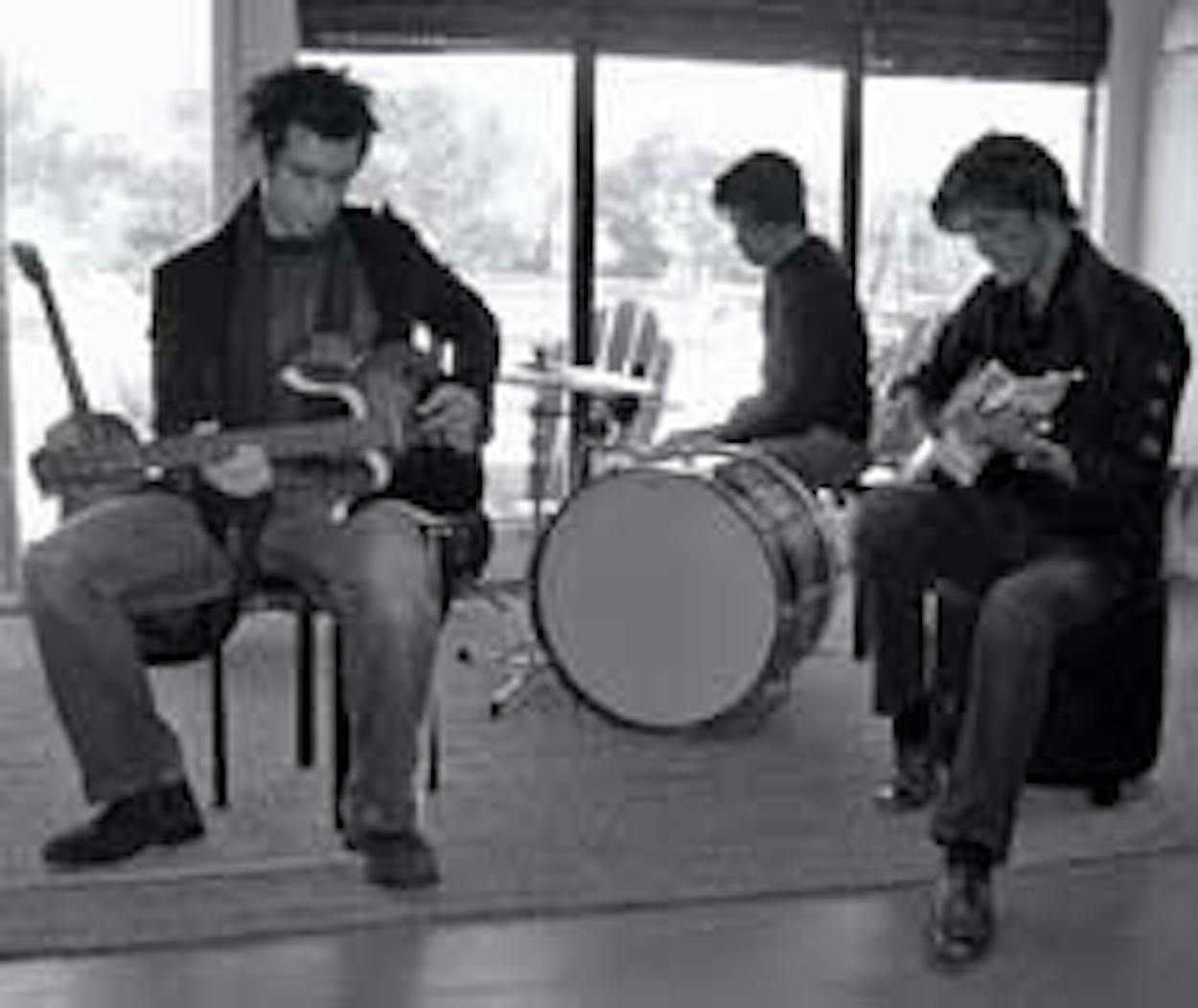In 1990 Double Trouble drummer Chris Layton proposed a casual session with Sexton, Bramhall, and Double Trouble’s other half, bassist Tommy Shannon. The venue was the Austin Rehearsal Complex, and the collaboration produced instant results: chemistry, friction, and record-company interest. The Arc Angels were born. Widespread and enthusiastic acclaim soon followed. Yet by 1993, after only one album, the group was in a shambles. As of this month’s South by Southwest music festival, the Arc Angels are back as a working band, with a European tour, a live DVD, and a new album in the works.
You first got together when Doyle was stuck on a song.
CS: I helped him finish the song [“Living in a Dream”], and he and I did a recording of it that basically laid out the sound and tone of the band.
DB: I had just signed a development deal with Geffen, and I ran into Charlie and I heard a few things he was working on in his studio and I thought they were great, so we decided to see if he could help me finish the song. He ended up giving me back a little masterpiece. Shortly after that we had the opportunity to play a show with Robert Cray.
That show led to rave reviews and a major-label bidding war. Though no one was really looking to start a band, were you basically made an offer you couldn’t refuse?
CS: I wouldn’t say that. We just got a good review, and that led to some companies calling, but it was a hard decision to make. There was definitely a chalk-and-cheese between Doyle and me, stylistically, and that was apparent immediately. Influence-wise, we really had very few records in common.
DB: I was sort of a purist and liked what I liked, and I wasn’t as open as I became later to different things. [Charlie] definitely took the role as the leader of the band because that’s how he is naturally anyway. I wouldn’t speak up, I would sabotage something, go some other route. And some of the magical thing that we had together, it was a two-sided thing. It was something that was really good, but obviously it wasn’t anything I could deal with at the time because I had my own personal things that I was going through. Instead of communicating, I would just do drugs because it made me feel better.
After the album was released, Doyle’s heroin addiction only added to the friction and eventually broke up the band.
DB: When we started to tour, my drug use got pretty wicked. The road thing didn’t last that long, and it was starting to blow up. I started to indulge my habit more. And the more I did that, the less I wanted to do music.
Yet Doyle found his way out of addiction, and now you are working together again.
DB: We started up a new relationship. It’s like we had unfinished business. Charlie and I have the sort of chemistry that we had back then, but we have this real strong brotherly bond now. We are really good friends.
Have you gotten over all your past disagreements?
CS: I don’t think so. We’re artists and we have these concepts we don’t see eye to eye on, but we get along more than we don’t. The great irony is that Doyle and I can’t get away from each other. Every time we get together, something happens musically, and it happens quick.
Why is that?
CS: It’s “why did you fall in love with that girl?” Faith and science don’t get along, and they don’t really need to.







